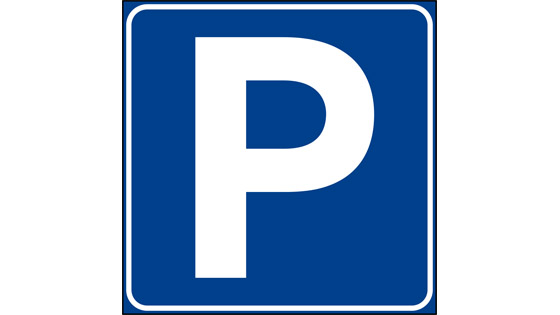Ciùcci »(donkeys) and« uttàri »(barrel manufacturers)
So the inhabitants of Gallipoli were called. The nickname “ciùcci” has no connection with the donkey and whatever it means; it refers instead to Gallipolini’s patience and resistance to work. «Ciùcci» then in the sense of people used to bear great hardships, able to carry out a backbreaking job for the whole day.
The nickname is not certainly given by chance.
Gallipoli, from the sixteenth century to the early years of this century, played a decisive role in the economy of the kingdom, since its port was one of the best equipped to load and export wheat, wine and above all oil.
The oil from Gallipoli was in fact considered among the best in Europe not only for food use, but also for industrial uses such as lighting, soap factories and woollen mills.
And the port of Gallipoli, offering a lot of security to moorings, was, second only to Naples, the commercial port where an abundant and rich maritime traffic was developed. A commercial movement therefore of considerable size, which granted a certain well-being to a large part of the population, especially to porters, engaged daily in the dock loading and unloading operations.
The port activity thus became a source of income for many Gallipolini who, despite the enormous hard work involved in porterage, wouldn’t miss a chance to work. Hence the nickname”ciùcci” (donkeys) or “ciùcci of fatigue”, nearly pack animals, to say tireless workers.
Also the nickname «uttari» is partly linked to the intense commercial traffic of oil and wine. In fact these products were transported in wooden barrels; for that reason the development of their handicraft production became necessary.
In the numerous shops of the city thousands of barrels were built with a particular wood coming from Calabria: the characteristic barrels hooped with iron strips where they used to keep the «scapece» (fish in brine and saffron), a typical speciality of the local gastronomy. But Gallipoli coopers (who gave life to one of the oldest mutual aid societies) were able to do even more: when they understood that the oil carried in their port, once arrived in the cold countries, solidified and was difficult to be melted and sold in litres, they invented a type of barrel built with a light and very cheap planking. In short, a disposable barrel, so that once it reached its destination, it wasn’t an excessive loss to cut it and sell the solidified oil in kilos instead of litres.
This means that Gallipoli coopers had achieved a great specialization in their work, so as not to have competitors on the market. Their barrels were perfect, and there was never any leakage of liquid through the interstices between one stave and another.
But coopers had their secret: between the slightly curved boards they used to insert a thin cord of natural fiber, the «zùca», which prevented the formation of dangerous slots and gave the container an airtight seal: the same technique used for boat caulking.
Some individual nicknames
Balanzé (play on the swing),
Battisole (shoemaker),
Bazzaca (game of tip-cat)
Beddhusino (corruption of parsley)
Cacaove (egg shitter)
Cacatu (filthy person)
Caddina (hen)
Caggiana (female of the seagull) Camisa (shirt)
Capi-te-cazzu (penis glans) Cernijenu (meteorologist)
CIA. (eyelashes)
Cucùzza (pumpkin)
CuIi-te-comma (rubber ass)
Essiballa (go out and dance)
Mangia-casu (cheese eater)
Eaters (fig eater)
Manilonga (long hand)
Mbratta (house painter, coarse) Muccùsu (snotty)
Ntreccene (hairdresser)
Palùmbu (pigeon)
Pappaciciri (chickpea eater)
Paùsa (slobbering)
Pisciapariti (pisser on the walls, typical of children)
Primera (from primera, in the ‘scopa’ card game)
Ricchia-te-branda (big eared … ears like camp beds)
Scanùsu (dirty),
Strafùtti (a man who does not care and mocks)
Tréja (mullet)









